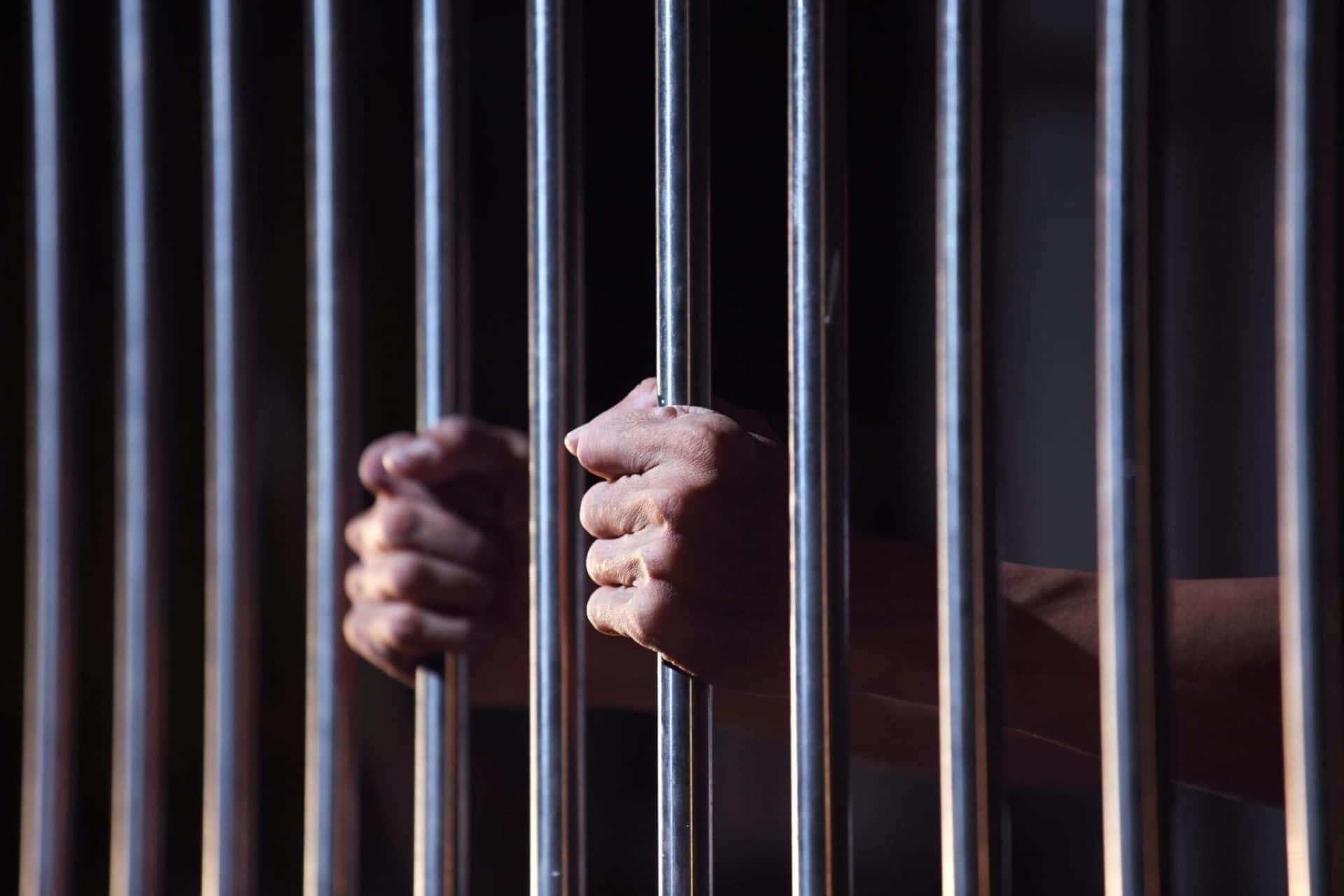Illinois Property Crimes and Their Associated Penalties
There are all kinds of illegal acts that fall under the umbrella of “property crimes” in Illinois, and not all of them are created equal. Depending on what you are accused of doing, you may face a misdemeanor or a felony, and consequences vary quite a bit as well.
Below, we’re going to detail the most common property crimes in Illinois and their associated penalties.
Acts that Illinois Defines as Property Crimes
Arson
A person commits arson by using fire or an explosive device to knowingly damage another’s property without his or her consent. It may involve the destruction of real property (structure or building) or of personal property valued at $150 or more. Arson may be committed with an intent to defraud an insurer and collect payments for damage. Whether the resulting damage is partial or total, arson charges can apply.
Aggravated arson is charged when it involves a structure where people are present, where someone suffers great bodily harm, or an emergency personnel worker is injured as a result of the arson.
Additionally, possession of an explosive or incendiary device with an intent to commit a felony is punishable by Illinois law.
Theft
General theft is defined as such under the Illinois statutes:
“A person commits theft when he or she knowingly:
- Obtains or exerts unauthorized control over property of the owner; or
- Obtains by deception control over property of the owner; or
- Obtains by threat control over property of the owner; or
- Obtains control over stolen property knowing the property to have been stolen; or
- Obtains or exerts control over the property in the custody of any law enforcement agency and
- Intends to deprive the owner permanently of the use or benefit of the property; or
- Knowingly uses, conceals or abandons the property in such manner as to deprive the owner permanently of such use or benefit; or
- Uses, conceals, or abandons the property knowing such use, concealment or abandonment probably will deprive the owner permanently of such use or benefit.”
Theft crimes are punishable by the value of the item or items in question.
Destruction of Property

Illinois law says that criminal damage to property occurs when a person knowingly damages or defaces another’s property with fire, explosives, or offensive smells; knowingly injures another’s domestic animal without consent; or damages or opens a fire hydrant.
Burglary
Burglary is the crime of knowingly entering or remaining in a building, structure, or vehicle with the intent to commit a felony or theft while inside. It includes crimes in aircraft, watercraft, and railroad cars.
Fraud and Identity Theft
Certain instances of fraud and identity theft could qualify as property crimes under Illinois law. An example would be committing arson to defraud an insurer.
Penalties for Illinois Property Crimes
The penalty for a property crime conviction normally depends on the value of the property, whether violence occurred, and whether anyone was injured. The more serious the crime, the more likely it is to be categorized as a felony.
Arson is a Class 2 felony. It is raised to a Class 1 felony if committed in a house of worship. Aggravated arson is a Class X felony.
Possession of explosive or incendiary devices is a Class 1 felony with a minimum sentence of four years in prison and a maximum sentence of 30 years.
Theft is a Class A misdemeanor for property valued at $500 or less, and a Class X felony for property valued at over $1 million.
A conviction for burglary is a Class 3 felony if no damage occurs. If damage occurs, it is a Class 2 felony. Burglary is a Class 1 felony if committed in certain locations.
Criminal damage to property ranges from a Class B misdemeanor to a Class 1 felony, depending on the charges. Additional fines and/or community service hours may be added to the sentence.
Seek Legal Help for Property Crime Charges in Illinois
It’s important to contact an experienced Illinois criminal defense attorney as soon as charges of property crimes are filed against you.

You may face jail or prison, high fines and long probation periods. These penalties can significantly lower your quality of living. A skilled lawyer can help you form the strongest defenses to your charges to provide the best possible outcome.
Call today for a free case review. We will work hard to protect your rights and your reputation.
About the Author:
Andrew M. Weisberg is a former felony prosecutor who now serves as a defense attorney in the greater Chicago area. He has extensive experience in handling all types of criminal cases, from sex offenses and domestic violence to retail theft-related crimes, murder, and drug crimes.







 Blog Home
Blog Home 










